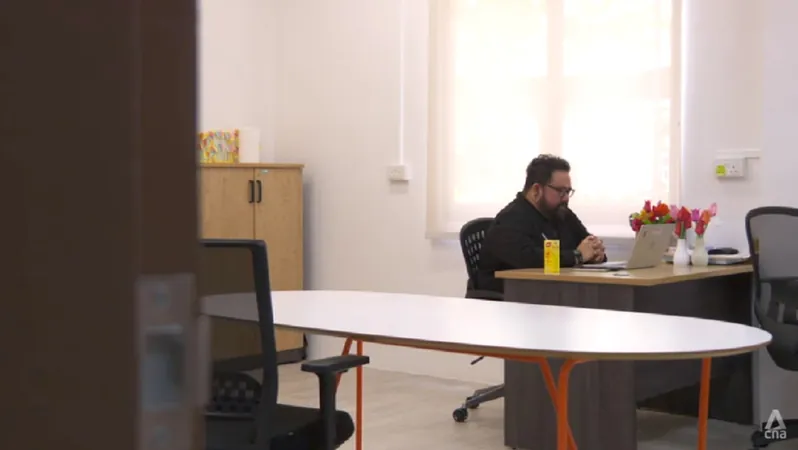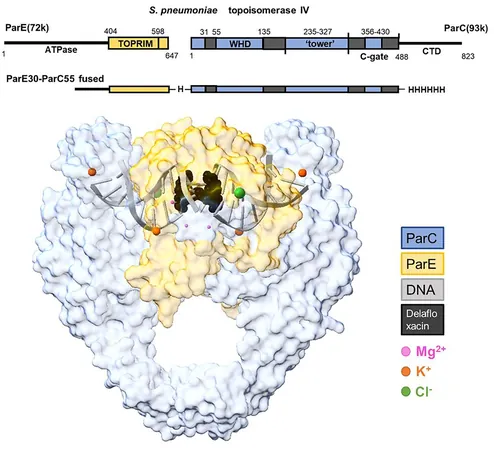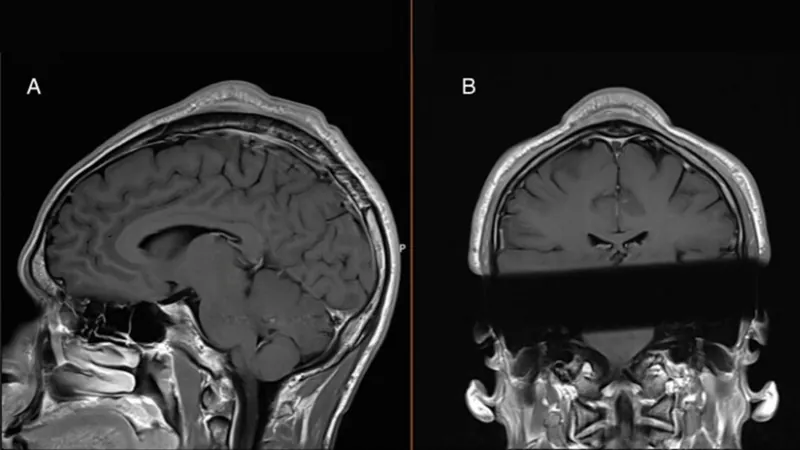
Don’t Suffer Alone: The Crucial Role of Support Systems in Mental Health Recovery
2024-10-09
Author: Rajesh
In the battle against mental health issues, many individuals discover that the strongest weapon they possess is the support of their loved ones. A powerful testament to this is the story of Mr. Avellino, who faced the daunting challenge of mental health struggles yet found hope through family ties.
Seeking Help and Overcoming Stigma
Initially, Mr. Avellino hesitated to reach out to mental health professionals, fearing the stigma of being labeled 'crazy.' Yet, it was the love for his wife and children that ultimately propelled him to seek help. 'I knew I couldn't leave them behind,' he recalls. 'That was my motivation to embark on a journey toward betterment.'
After joining a non-profit organization called Club HEAL, Mr. Avellino engaged in counseling sessions and participated in various activities that fostered healing. His newfound commitment to his family's well-being allowed him to begin understanding the complexities of mental health, leading him to become an assistant programme coordinator at Club HEAL, where he now supports others in their recovery journeys.
'I don’t think I would still be here today if I hadn’t taken that step,' he reflects. 'Despite my ups and downs, I manage better with the professional help I've received.'
The Weight of Social Stigma
Unfortunately, the stigma surrounding mental health issues continues to prevent many from seeking support. Angeline Tong, a 58-year-old woman, faced similar challenges. After leaving her job of 15 years in 2013, she developed symptoms of anxiety that were often debilitating. 'I felt hopeless, as if I didn’t know what to do,' she shared. Physical ailments such as heart palpitations and vomiting became frequent companions.
It was only after a frank discussion with a long-time friend that Angeline found the courage to consult her family doctor, who diagnosed her with an anxiety disorder. 'It was terrifying. I had no history of mental health issues in my family and couldn’t accept that something was wrong,' she admitted.
Angeline emphasized that recovery is a tumultuous journey filled with highs and lows. 'It's about managing symptoms and developing resilience to lead a more meaningful life,' she stated.
A Call for Community and Awareness
Experts stress that individuals grappling with mental health challenges do not need to endure their suffering in silence. Mr. Adrian Lim, a psychologist and founder of Family Counselling Psychologist, insists on the importance of community. 'We must recognize and admit that we have a problem,' he encourages. 'Removing the mask of pride and publicly acknowledging that we need support can make a world of difference.'
This message resonates deeply in a world where the silent struggle often persists behind closed doors. The importance of fostering strong connections with friends and family cannot be overstated, as such relationships can create a lifeline for those in distress.




 Brasil (PT)
Brasil (PT)
 Canada (EN)
Canada (EN)
 Chile (ES)
Chile (ES)
 España (ES)
España (ES)
 France (FR)
France (FR)
 Hong Kong (EN)
Hong Kong (EN)
 Italia (IT)
Italia (IT)
 日本 (JA)
日本 (JA)
 Magyarország (HU)
Magyarország (HU)
 Norge (NO)
Norge (NO)
 Polska (PL)
Polska (PL)
 Schweiz (DE)
Schweiz (DE)
 Singapore (EN)
Singapore (EN)
 Sverige (SV)
Sverige (SV)
 Suomi (FI)
Suomi (FI)
 Türkiye (TR)
Türkiye (TR)